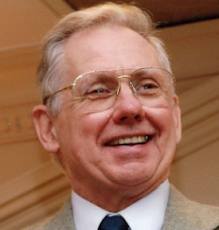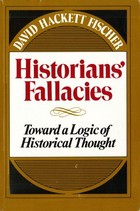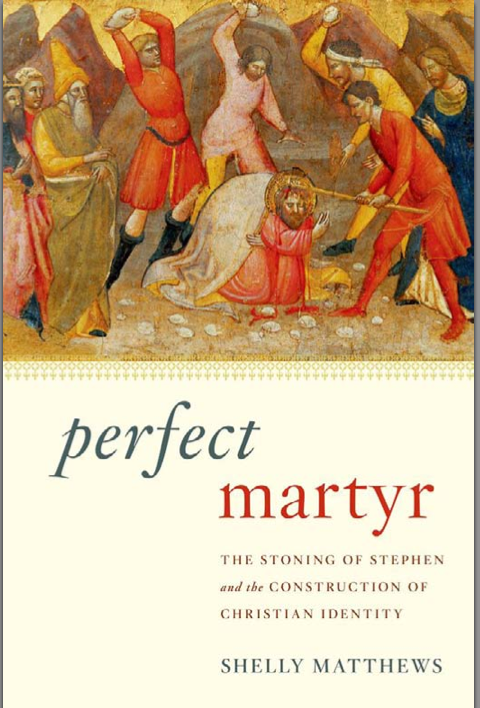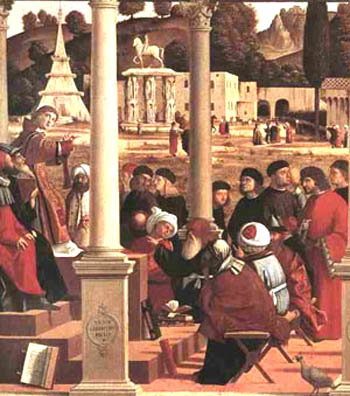
Professor of History, David Hackett Fischer, has long been known for his book, Historians’ Fallacies, in which he amasses copious examples of fallacious historical analysis and argument committed (at least on occasion) even by otherwise highly reputable historians. Unfortunately, critical fallacies that he identifies as periodic blights on the work of his peers are standard practice among works of theologians writing about Christian origins.
The fallacy of the prevalent proof
Here is one that many readers will recognize, and it is one that unfortunately does too often extend beyond the limits of subgroups. On pages 51 and 52 Fischer writes (my bolding in all quotations):
The fallacy of the prevalent proof makes mass opinion into a method of verification.
This practice has been discovered by cultural anthropologists among such tribes as the Kuba, for whom history was whatever the majority declared to be true.* If some fearless fieldworker were to come among the methodological primitives who inhabit the history departments of the United States, he would find that similar customs sometimes prevail. There are at least a few historians who would make a seminar into a senate and resolve a professional problem by resorting to a vote. . . .
If the fallacy of the prevalent proof appeared only in this vulgar form, there would be little to fear from it. But in more subtle shapes, the same sort of error is widespread. Few scholars have failed to bend, to some degree, before the collective conceits of their colleagues. Many have attempted to establish a doubtful question by a phrase such as “most historians agree . . .” or “it is the consensus of scholarly opinion that . . .” or “in the judgment of all serious students of the problem. . . .”
[* Reference: see page 102 of Vansina’s Oral Tradition]
Most historians agree . . .
. . . that a genuine historical event lies behind the story of Stephen
I could just as easily have written “most historians agree that genuine historical events like behind the stories in Acts.” But let’s limit the discussion here to Stephen’s martyrdom. (This post is, after all, my follow-up to my Stephen post.)
Shelly Matthews (also a theologian but who seems to be one of the relatively few who happily demonstrates a clear understanding of sound historical-critical method and writes history with a clear understanding of the philosophy undergirding her approach) admits she stands against what has been the traditional consensus of her peers over the historical value of Acts.
Firstly, however, Matthews correctly explains how her peers have traditionally attempted to glean “kernels of history” from the Book of Acts:
Biblical scholars employing methods of historical criticism do recognize that the coherence of various aspects of Acts is ahistorical, imposed by Luke upon his sources because of his theological concerns, his apologetic tendencies, and/or his aim to delight his audience. For more than two hundred years, historians of Christian origins have approached the book of Acts presuming that its author’s intrusive hand can be pulled away, freeing his sources to bear unencumbered witness to the historical events that occurred in the earliest decades of the church.
Applying methods captured by metaphors of winnowing and digging, they have attempted to distinguish Acts’ redactional/theological/fictional elements from the actual history presumed also to reside in the text.
From these “kernels of history,” from this “bedrock,” scholars have then constructed their own versions of a coherent narrative of Christian origins understood to correspond with events that happened in history. (p. 15, my formatting)
Theologians have thus generally assumed that “real history” lies “beneath” the text and that all they have to do is apply tools like redactional criticism to know what parts of the text to pull away (e.g. the theological or literary creations of the author) and thereby expose the original source. And that source material is for some reason often presumed to point to “bedrock history”. Continue reading “Theologians’ Miracle: Turning Fallacy into Proof”



